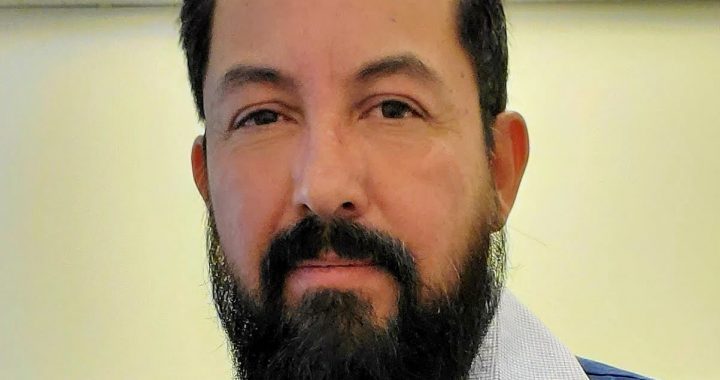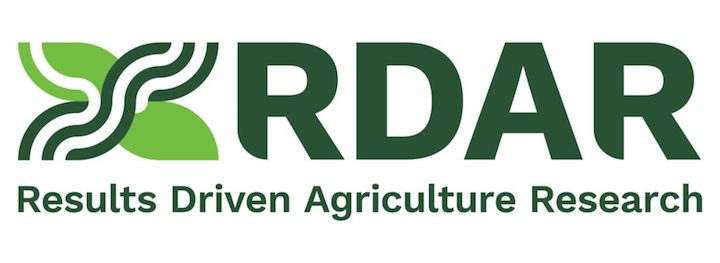This month’s At The Grill feature by William Torres (former Research Manager at Cattleland Feedyards and popular presenter at Gentec conferences) focuses on how loyalty to a genetics brand can help producers get ahead thanks to buy-back programs.
Did you see the Yellowstone episode where Teeter (Jen Landon) questioned RIP Wheeler (Cole Hauser) and John Dutton (Kevin Costner) after being canned for fighting in the bunkhouse?
“So all that ‘this is my home forever is just talk’? F**king scarred for life, it don’t mean nothing? (As she shows her “Y” brand).”
What is loyalty? Do cowboys still ride for the brand? Are you loyal to a genetics brand?
Every producer I’ve ever talked to wants to do two things; survive in this industry and make a living at it. As times are changing, we are getting more and more pressure to do more with less, be sustainable, reduce greenhouse gas emissions, etc. And Lord knows, we must keep the country blacktops free of manure or the weekend cyclist will complain.
Many organizations out there (I won’t name any) claim to be fighting for you—but are YOU fighting for YOU? What are YOU doing to stay in the fight?
One of the many ways you can do all the above is by managing your genetic selection and genetic purchases. I surely hope none of us are still buying sires the way our grandpas did it. So much data are available in one single bull sale catalog nowadays that the only thing left to do would be to interview the bull to make sure he fits with your ranch culture and values. Oh… And make sure he has teeth.
If you’re scared to invest in your herd’s genetic benefit because you think it’s pricey, why don’t you align yourself with a great outfit that’s willing to stand behind its genetic brand?
Take, for instance, the Nelson Family Ranches in Stirling, AB. They put their money where their mouth is. They have a great buy-back program and purchase the calves you get from their sires. How much more can an outfit stand behind its brand!? The Nelson Family Ranches is “a sixth-generation family farm that values hard work, honesty, and bringing top quality, innovative products to you.”
I’ll give you another example. If you’re ever in Calgary and want to go for a great steak, visit Modern Steak. It is (to my knowledge) the only steak house that has partnered with local ranch Benchmark Angus from Warner, AB. to own their own bull. Now that’s what I call commitment and a continual supply of high-quality meat. Benchmark Angus is owned and operated by the Munton Family, a fourth-generation outfit that “has been pursuing Angus beef genetics for the proven tenderness and far superior taste that only premium Benchmark Angus cattle provide.” Their buy-back program from sired cattle supplies their own plant for everyday meat sales.
Bottom line is, focus on the genetics that will make a sustainable impact on your herd allowing YOU to not just survive, but make sure you leave a legacy behind for the next generations. There’s an old saying that goes something like, “If someone tells you who they are, listen. If someone shows you who they are, believe them”. A buy-back guarantee shows you who they are and that they stand behind their brand. These are just two examples.
For more information, contact John Basarab here at Gentec for help.


